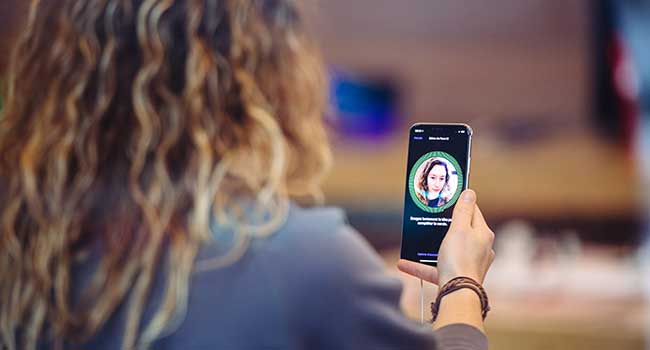
Hackers Trick Face ID with 3-D Printed Mask
Days after the iPhone X’s official release, hackers in Vietnam have successfully tricked Face ID and unlocked the smartphone with a 3-D-printed mask.
- By Jessica Davis
- Nov 15, 2017
Days after the iPhone X’s official release, hackers in Vietnam have successfully tricked Face ID and unlocked the smartphone with a 3-D-printed mask.
Vietnamese security firm Bkav Corporation, which previously showed the ability to bypass facial recognition on laptops in 2008, has posted a video showing the new Apple smartphone unlocking when presented with a 3D mask of a face.
At the iPhone X launch event, Apple Senior Vice President Phil Schiller said that Apple had “worked with professional mask makers and makeup artists in Hollywood to protect against these attempts to beat Face ID.” Apple used these masks to “train the neural network” to distinguish masks from real faces and “protect against them in Face ID,” Schiller said.
According to a Q&A on its site, Bkav started working on their mask after receiving the iPhone X on launch day, Nov. 5. “We used a popular 3D printer. Nose was made by a handmade artist. We use 2D printing for other parts (similar to how we tricked Face Recognition 9 years ago). The skin was also hand-made to trick Apple's AI,” Bkav said. The mask cost about $150 to make.
Bkav said its hack was an “experiment” and a “Proof of Concept, the purpose of which is to prove a principle.” It added that potential targets would not be regular iPhone X users, but “billionaires, leaders of major corporations, nation leaders”.
Some security experts are not sure this poses a risk to iPhone X users at all. “In order to compromise Face ID authentication, the attacker would have to have a detailed map of the face of the user, create a mask that would map the exact details of the victim’s face, unlock the phone within five attempts and do all of this within 48 hours,” said Paul Norris, senior systems engineer – EMEA at Tripwire. “This seems like an unlikely sequence of events.”
Bkav said that when it comes to biometric security, a fingerprint scanner is the most secure method.
Watch Bkav’s video on the Face ID hack below:
About the Author
Jessica Davis is the Associate Content Editor for 1105 Media.